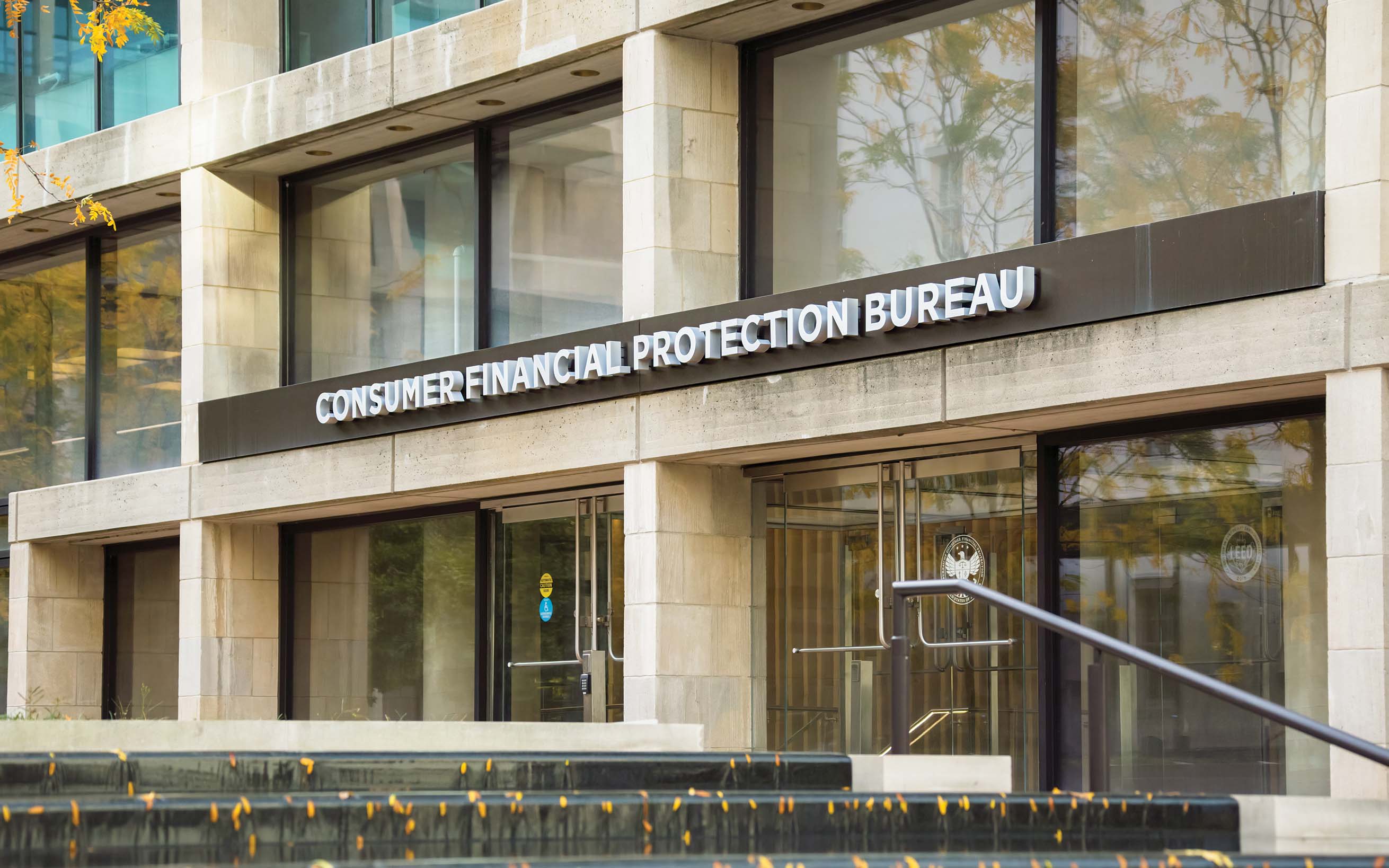Community banks need to maintain a healthy relationship with their legal representatives, especially when it’s through a third party. Community bankers and other experts explain how they evaluate potential law firm partners.
Law Firm Evaluation for Community Banks
May 13, 2024 / By Cheryl Winokur Munk
Community banks need to maintain a healthy relationship with their legal representatives, especially when it’s through a third party. Community bankers and other experts explain how they evaluate potential law firm partners.
Cementing and maintaining long-lasting relationships with law firms can be tricky for community banks. But doing so can mean the difference between a productive, long-term relationship and a rocky, complicated one.
Many community banks engage outside law firms for a variety of matters, especially if they don’t have in-house legal counsel or a big enough legal department to handle certain types of work. But when a long-standing relationship sours or leadership changes, there’s often a need to re‑evaluate.
Here are several considerations to keep in mind when looking for new legal partners for your community bank.
1. Decide what you’re looking for
Different banks have different needs. Some banks prefer to work with one main law firm, while others work with an array of firms.
Jonestown Bank & Trust Co. in Jonestown, Pa., recently selected a larger law firm than it had worked with in the past to do the bulk of its legal work. The $900 million‑asset community bank decided to switch things up following the retirement of the bank’s primary outside counsel.
Bank president and chief executive officer Troy A. Peters says the new law firm—which had acquired one of the smaller firms Jonestown had been working with—met its needs in a more efficient manner than multiple firms could have.
Some community banks may prefer to work with a large, national firm, but they should at least consider smaller firms, specifically those with state and local expertise, says Jenna Burke, ICBA executive vice president and general counsel for government relations and public policy. Sometimes these firms have relationships with other firms that allow them to bridge expertise gaps.
“At least probe to see whether smaller firms can bring in extra bodies when called to task,” she says.
“You want an attorney who’s going to pay attention to detail, and if they’re not paying attention to yours, that’s not the best sign.”—Walter Pryor, Southern Bancorp
2. Have clear expectations
Community banks may have specific expectations, and it’s important to be clear with prospective partners.
“Don’t be afraid to ask the tough questions. The bankers are the one footing the bill,” says Noah Wilcox, chairman, chief executive and president of $250 million‑asset Grand Rapids State Bank in Grand Rapids, Minn.
For example, if your bank prefers to have one main contact at the firm, say so, but be sure to ask for a back-up, Peters says. He also advises that if your bank is particular—as Jonestown was—about not getting a lump-sum bill for $30,000 without explanation, ask if the prospective firm would be willing to itemize.
For his part, Wilcox made clear he wanted actionable advice put into layman’s terms, as opposed to complicated answers typed up in a legal-brief-type report. “I don’t want a lawyer that’s going to draft me a whitepaper every time I ask a question. I want a real-world answer,” he says.
3. Understand the working relationship and dynamic

Initial interactions and meetings often offer clues to how good a partner a firm will be, says Walter Pryor, chief administrative officer and general counsel at $2.65 billion‑asset Southern Bancorp in Arkadelphia, Ark. This is especially true when it comes to gauging responsiveness and commitment.
Consider how quickly the firm responds to your initial request for information. How easy or hard is it to reach higher-ups at the firm? Are firm representatives offering straightforward answers to questions? And how prepared is the firm for the initial get‑to‑know‑each‑other meeting?
Pryor would be disappointed, for instance, if a prospective partner firm didn’t realize Southern had branches in Mississippi as well as Arkansas. “You want an attorney who’s going to pay attention to detail, and if they’re not paying attention to yours, that’s not the best sign,” he says.
4. Consider external factors
Big Stat
$151K
The average yearly salary for bank general counsel in the U.S.
Source: ZipRecruiter
Be sure to ask for references and try to ferret out potential conflicts of interest by asking about the law firm’s current client roster. Do they represent close competitors or sectors where you have close business ties? You can’t prevent a future issue, but you can decline to start a relationship with a firm that could be doomed from the start due to existing conflicts. “You don’t want to have to find somebody new to work with when it really counts,” Wilcox says.
Vendor security should also be top of mind, since it’s a priority for regulators. “For banks, that should be something they are at least asking counsel as part of their initial dialogues,” Burke says. Ask what steps the law firm is taking to ensure documentation and materials are stored securely. Banks should “have a level of comfort that the firm is taking data security seriously,” she says.
Of course, pricing is also a consideration, but service level, communication and the ability to meet your specific needs are also important. “You ultimately want the best result, and just like everything else in life, the best result might cost you a little more,” Peters says.
5. Be proactive
Most importantly, you should always try to anticipate your bank’s legal needs. It can be helpful to keep a running list of potential legal partners for whenever the need arises, Wilcox says. He often talks to peers about the firms they use and for what purposes—just in case. “It’s nice to have a soft list off to the side,” he says, “in the event you need to have another firm to represent you in some manner.”
Subscribe now
Sign up for the Independent Banker newsletter to receive twice-monthly emails about new issues and must-read content you might have missed.
Sponsored Content
Featured Webinars
Join ICBA Community
Interested in discussing this and other topics? Network with and learn from your peers with the app designed for community bankers.
Subscribe Today
Sign up for Independent Banker eNews to receive twice-monthly emails that alert you when a new issue drops and highlight must-read content you might have missed.
News Watch Today

Join the Conversation with ICBA Community
ICBA Community is an online platform led by community bankers to foster connections, collaborations, and discussions on industry news, best practices, and regulations, while promoting networking, mentorship, and member feedback to guide future initiatives.













